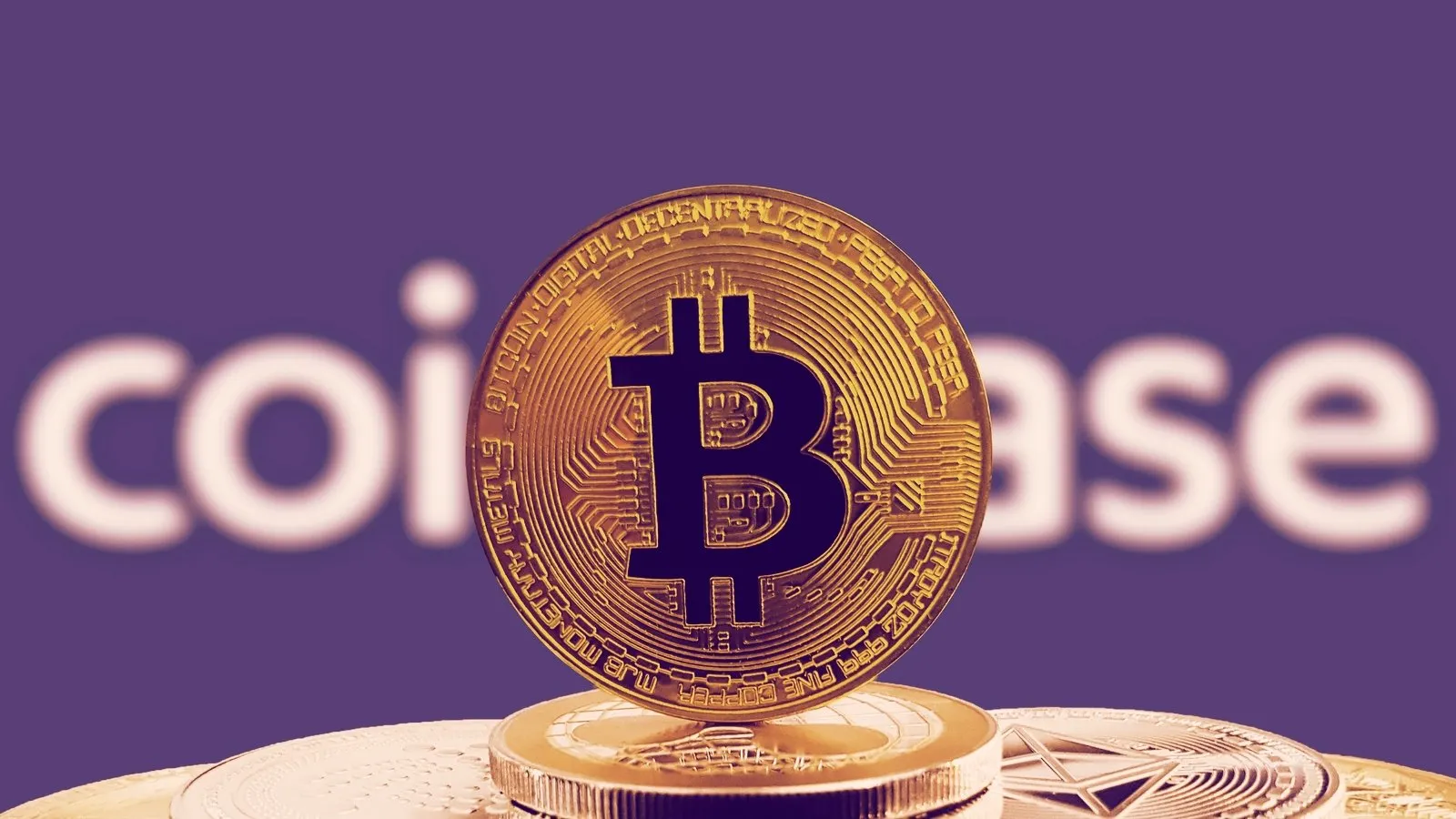In recent years, the cryptocurrency landscape has evolved dramatically, with numerous exchange of cryptocurrencies without KYC, selling, and trading of digital assets.
Among these platforms, a particular subset has gained popularity for their lack of Know Your Customer (KYC) requirements. These exchanges allow users to trade cryptocurrencies without submitting personal identification or undergoing extensive verification processes. While this model offers certain advantages, it also raises significant concerns regarding security, legality, and the potential for misuse.

One of the primary attractions of exchanges without KYC is the promise of anonymity and privacy. In a world where data breaches and privacy violations are rampant, many individuals are drawn to the idea of maintaining control over their personal information.
For some users, especially those in regions with oppressive regimes or stringent financial regulations, the ability to trade cryptocurrencies without revealing their identity can be a crucial means of financial freedom. This anonymity can empower individuals to participate in the global economy without fear of government intervention or censorship.
Moreover, non-KYC exchanges often provide a more streamlined and user-friendly experience. Traditional exchanges typically require extensive documentation, which can be time-consuming and intimidating for newcomers. In contrast, platforms that forego KYC processes allow users to start trading almost instantly, making them appealing for those who wish to engage quickly with the market. This ease of access can democratize cryptocurrency trading, enabling a broader range of participants to enter the space without bureaucratic hurdles.
However, the lack of KYC requirements also poses significant risks. One major concern is the potential for illicit activities. Without proper identification measures in place, non-KYC exchanges can become breeding grounds for money laundering, fraud, and other criminal enterprises. This lack of oversight not only jeopardizes the integrity of the cryptocurrency ecosystem but also invites scrutiny from regulators who are increasingly focused on combating financial crime. As governments around the world tighten regulations on cryptocurrencies, non-KYC exchanges may find themselves in a precarious position, facing potential bans or legal challenges.
Furthermore, security is another critical issue. While some non-KYC platforms may offer competitive features and low fees, they often lack the robust security measures found in regulated exchanges.
This vulnerability can expose users to hacking and theft, as malicious actors may target these platforms knowing that they operate with minimal oversight. The absence of KYC also means that users have limited recourse in case of fraud or loss of funds, as there is no identifiable information to pursue legal action or recover assets.
In addition to security concerns, the reputation of cryptocurrency as a legitimate financial asset is at stake. The existence of non-KYC exchanges can perpetuate the negative stereotypes associated with cryptocurrencies being primarily used for illegal activities. This perception can hinder broader adoption and acceptance by mainstream financial institutions and investors who may view the crypto market as risky or untrustworthy.






